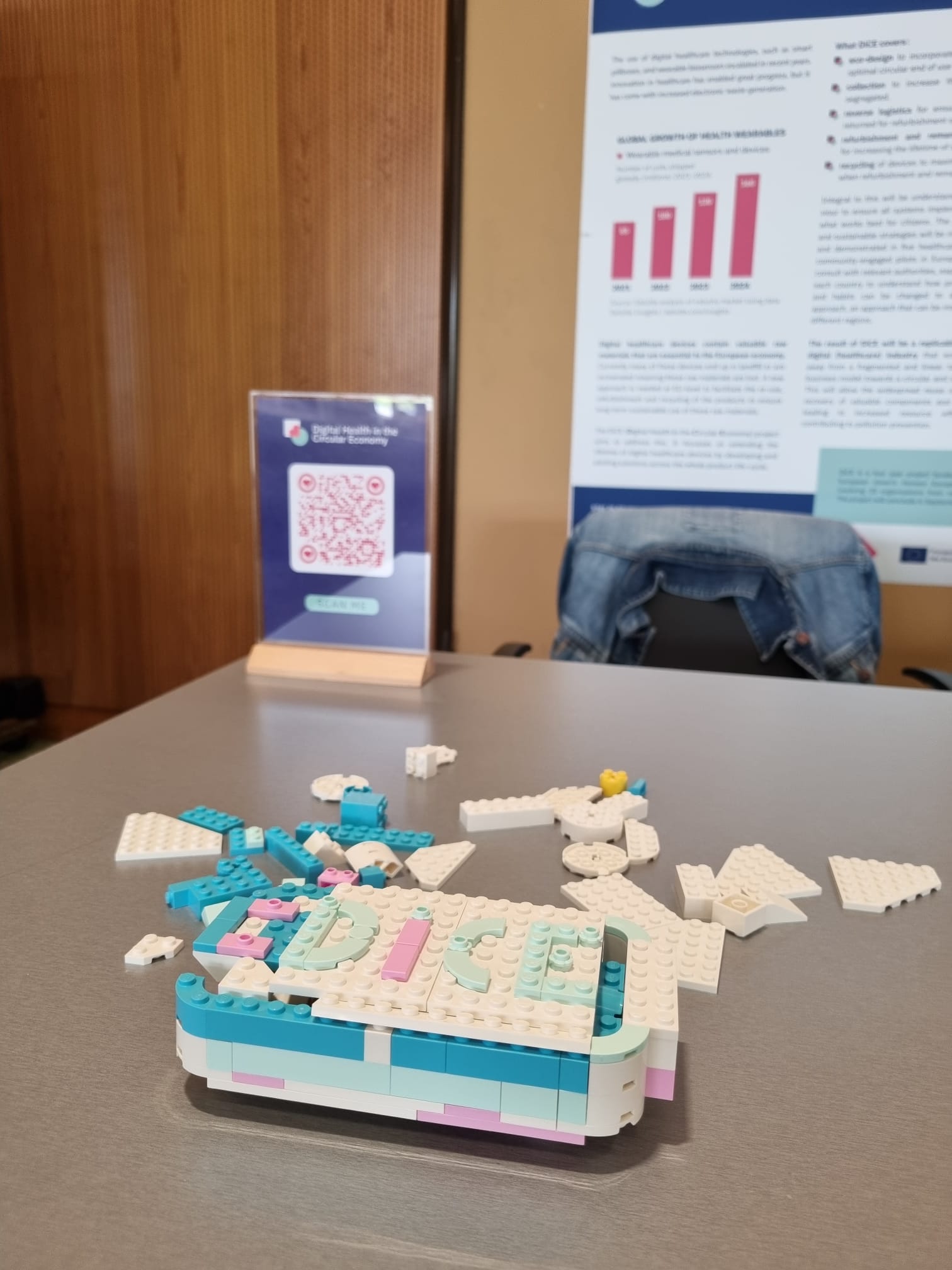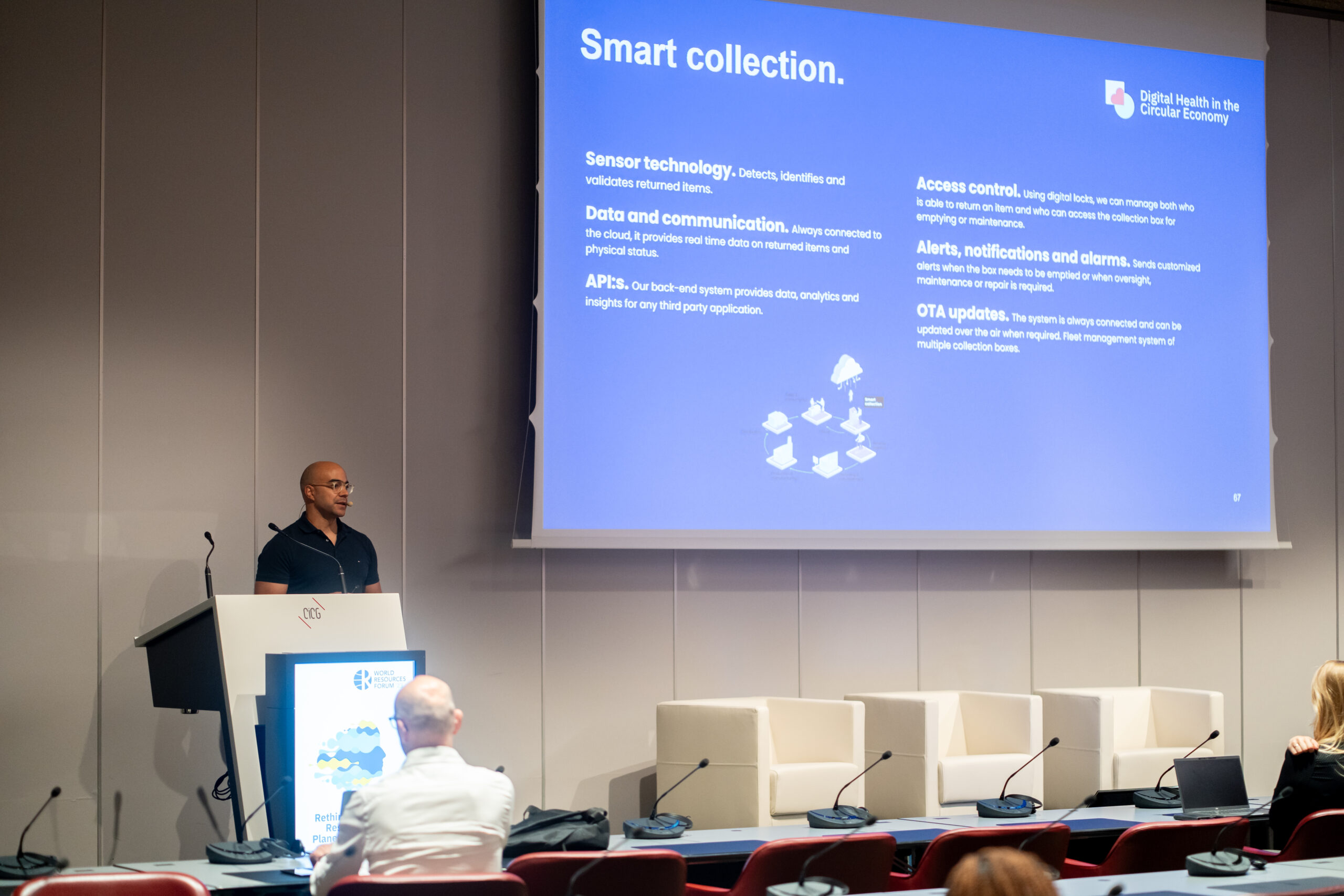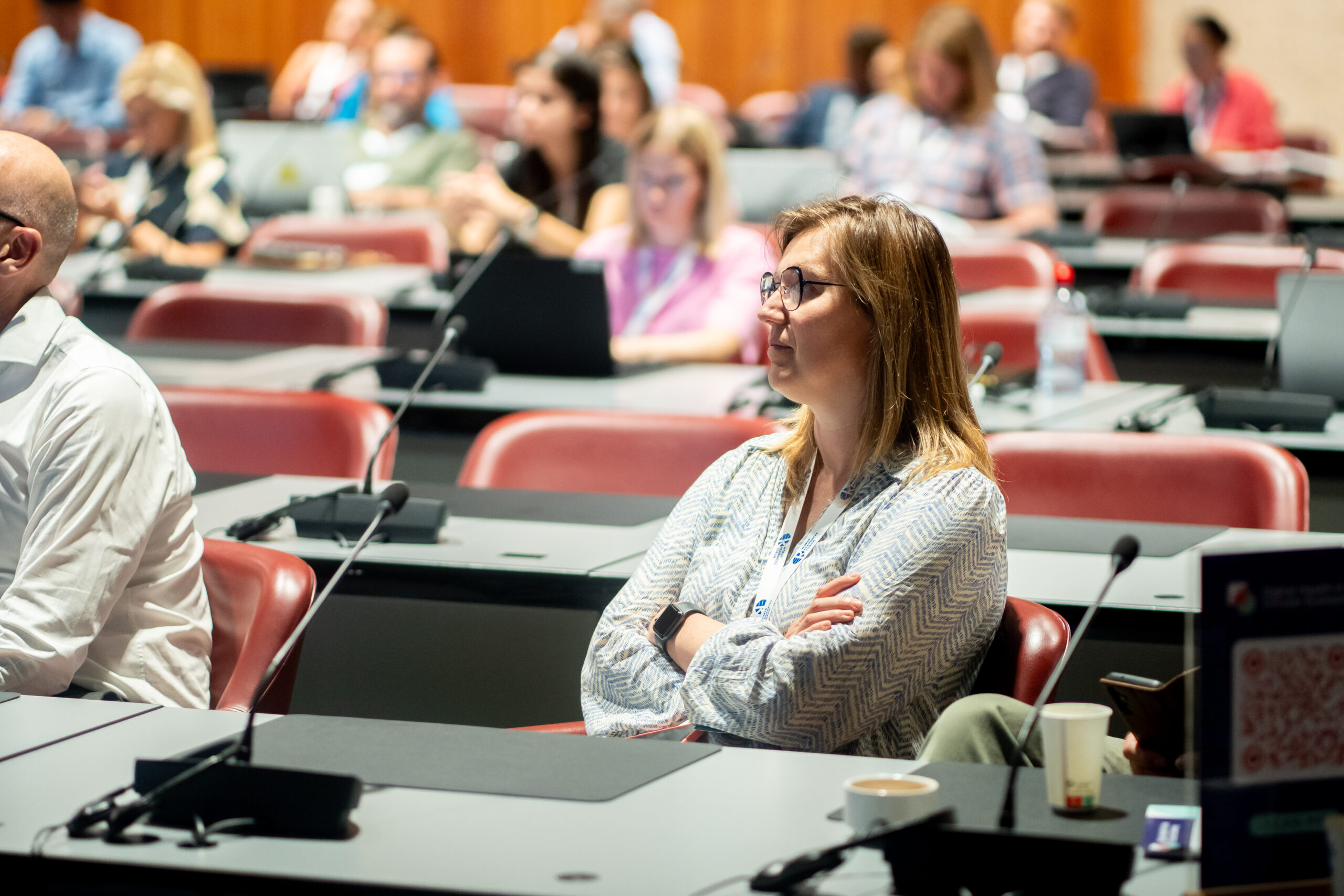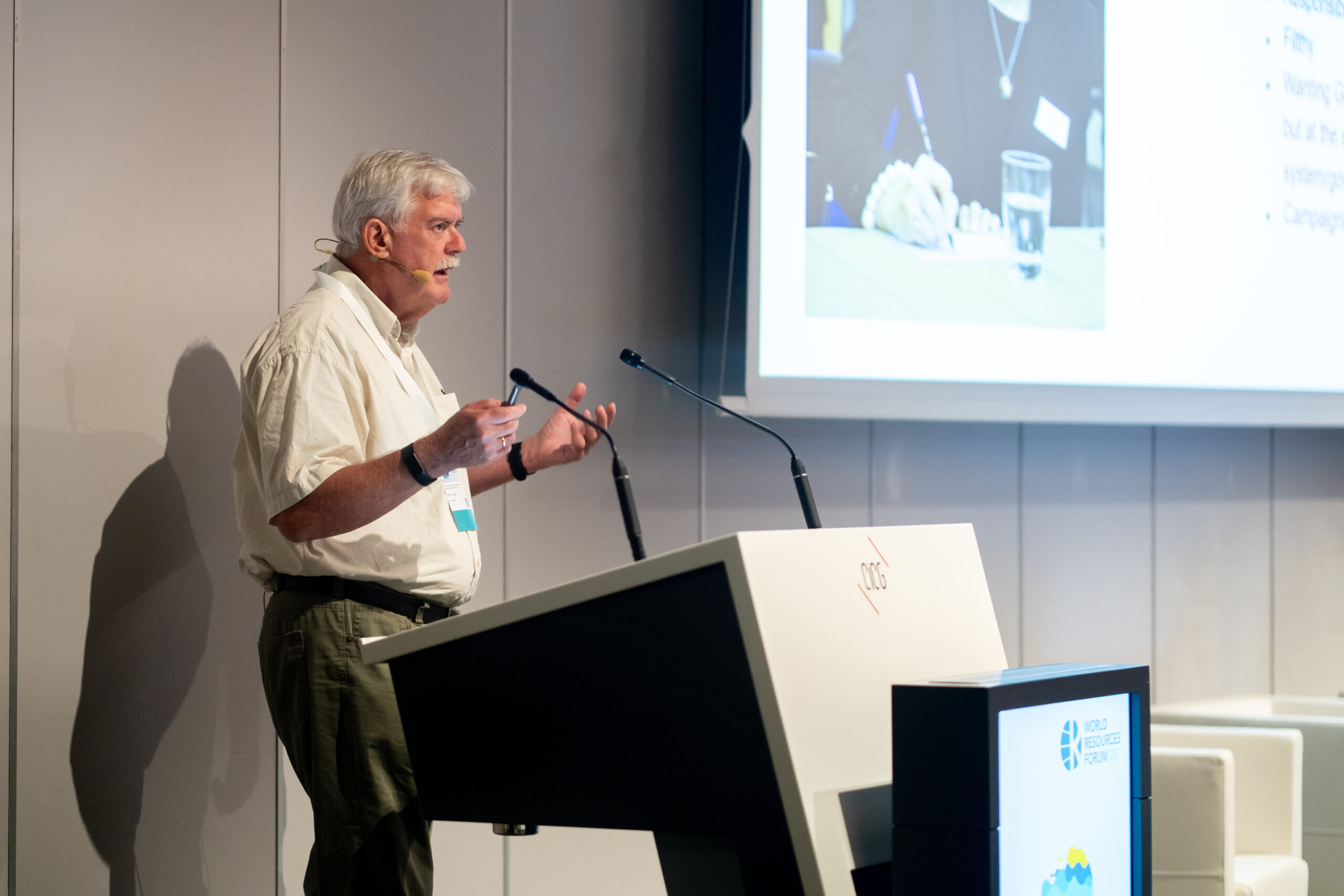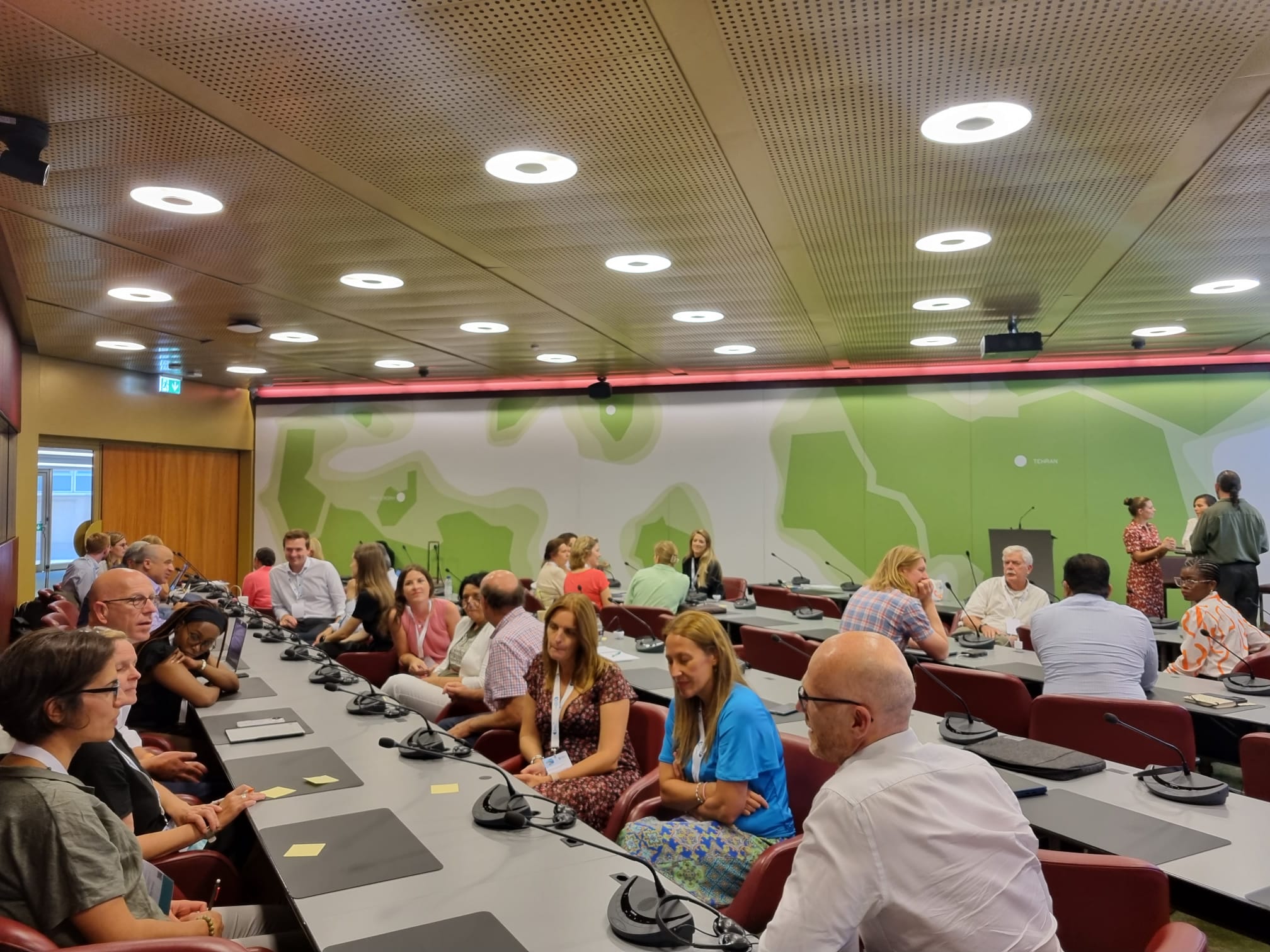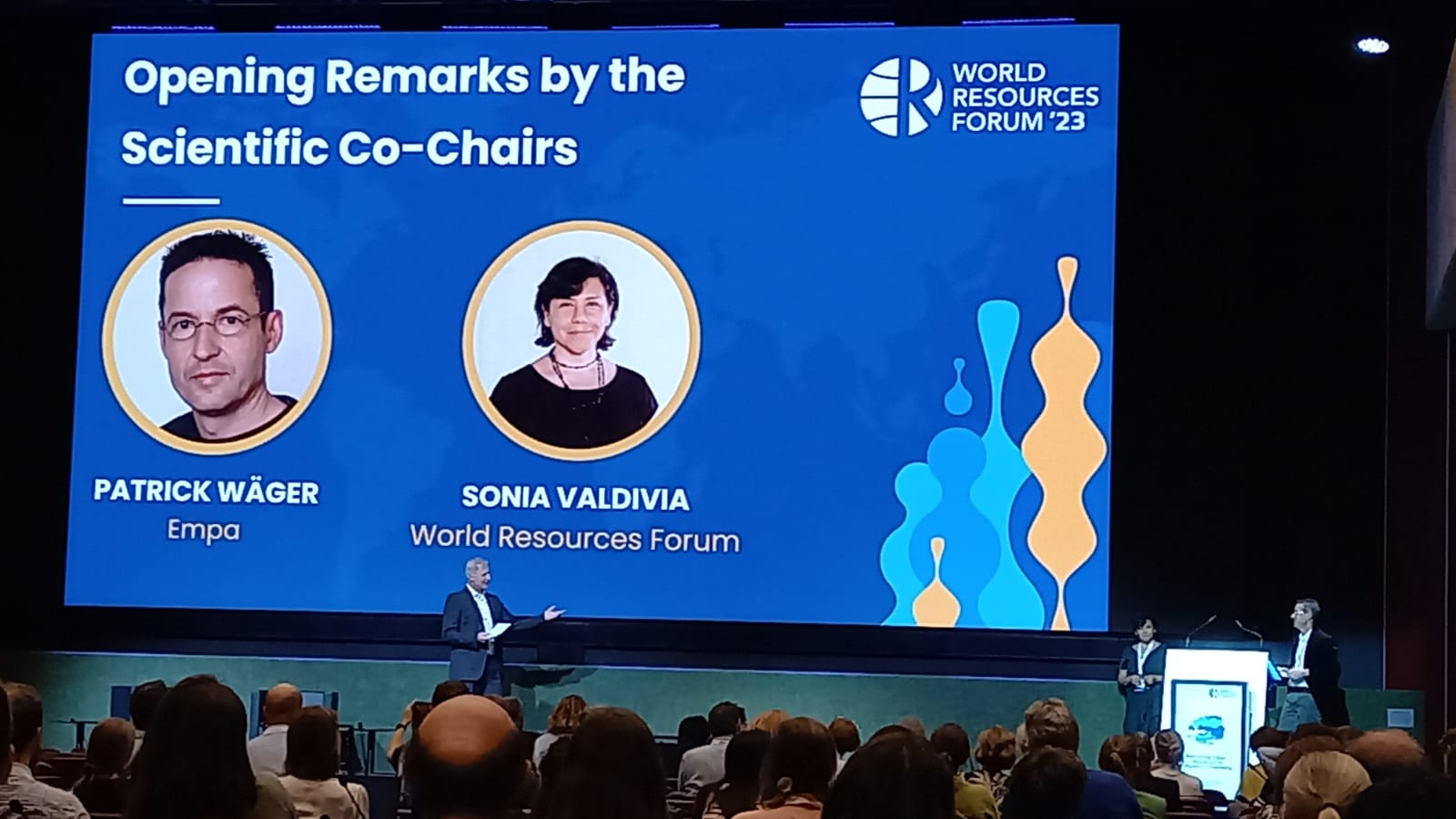Brought to you by Mª José Hernández, Rosa Almeida and Elisa Sáez from the INTRAS Foundation
Engaging end-users of digital health devices in the reverse logistics process fosters solidarity by encouraging the responsible use of health resources as well as proper e-waste management. This involvement promotes a sense of responsible citizenship and supports transformative innovation. Citizen engagement is vital for fostering attitudinal shifts and driving meaningful change. Living Labs constitute an ideal infrastructure for co-creation and testing innovative solutions.
What is “Living Labs”?
Living Labs (LLs) are open innovation ecosystems in real-life environments using iterative feedback processes throughout a lifecycle approach of an innovation to create sustainable impact. They focus on co-creation, rapid prototyping & testing and scaling-up innovations & businesses, providing (different types of) joint-value to the involved stakeholders. In this context, Living Labs operate as orchestrators among citizens, research organisations, companies and government agencies.
How to Encourage the Participation of These Key Actors?
The Living Lab ecosystem facilitates the active involvement of end users and the integration of emerging technologies, creating a dynamic environment for research, innovation, and development.
In a world defined by rapid change, the search for solutions to societal, motivational and environmental challenges has become more complex. Approaches that prioritise building close and active collaborations with communities and users are gaining traction. Characteristics such as openness, flexibility, accessibility, personalisation, and empowerment are essential for encouraging user participation throughout the design process.
Participatory methodologies are considered important for good and effective design, as they rely on the active involvement of stakeholders in the design process. In participatory approaches, stakeholders become participants and co-designers in the design process, and not just passive receivers of the developments. Living Labs aim to address socio-health-related challenges by integrating the perspectives of diverse stakeholders through these participatory methodologies and collaborative approaches.
Nowadays, the core position of co-creation (integrating co-analysis, co-design, co-production, co-evaluation and co-implementation) as a strategy for socio-health innovation is unquestionable. Empowering citizens to directly influence solutions and contribute to innovations crafted “with” and “by” them is more rewarding than merely creating solutions on their behalf.
Co-creating with stakeholders provides a guarantee against technological failure and supports wider implementation of innovation. By adopting a participatory approach and co-creation framework, it becomes feasible to reduce the main barriers of scaling up innovative solutions in the field of digital health and e-waste management.
Use of Participatory Methodologies in the DiCE Project
In the DiCE context, to discern the preferences of citizens regarding the different methods of digital health devices collection and return, several co-creation sessions were organised.
Co-creation is the first step in a participatory design process and is crucial to deeply understand the habits and needs of end-users. It is important to talk openly with end users about the challenges and opportunities they face, and to figure out what would motivate them to use the proposed solution in their daily lives.
Living Labs involved in the DiCE project (LiCalab – Living & Care lab – Belgium, Living Lab ORbITaLA – RDAPM, and MindLab – Intras Living Lab) conducted these co-creation sessions, involving 228 citizens of different age groups, in three countries: Belgium, Slovenia and Spain.
The aim of these activities was to identify ideal physical location points for collecting used digital healthcare devices and the assessment of nudging strategies, that could motivate participants in creating more sustainable behaviours.
The main conclusions span across four important topics: e-waste collection methods, the evaluation of a smart collection box by project partner GRIN, further development and evaluation of nudging strategies, and the role of stakeholders in the circular economy.
More information about the results of these co-creation sessions will be published soon. Stay tuned!


